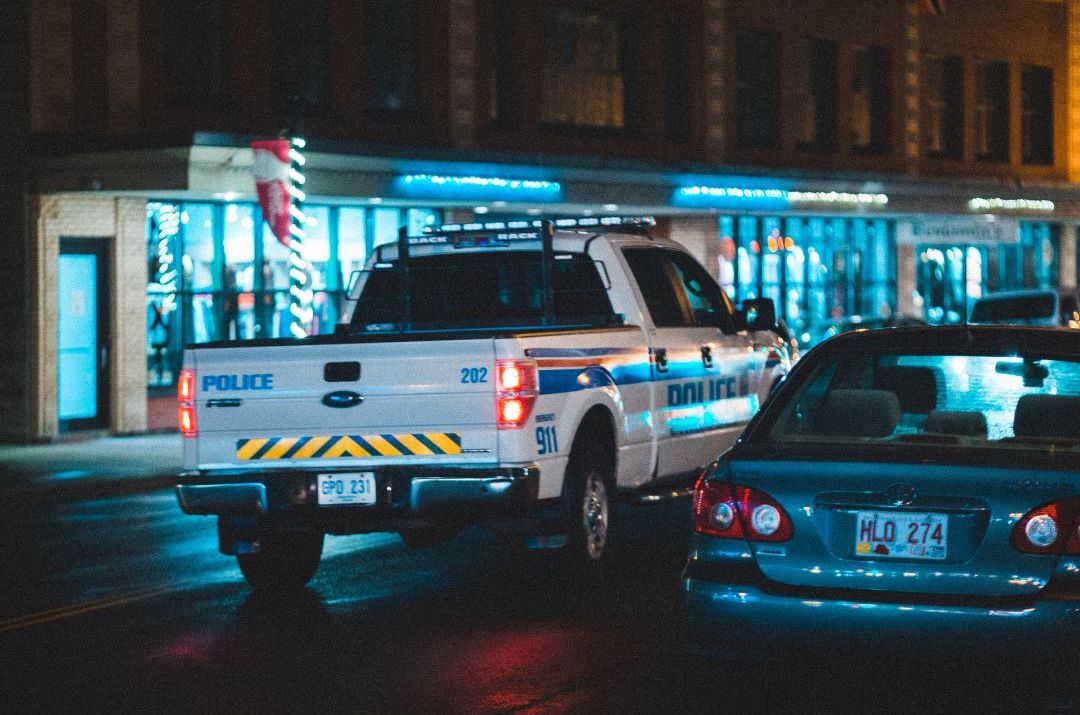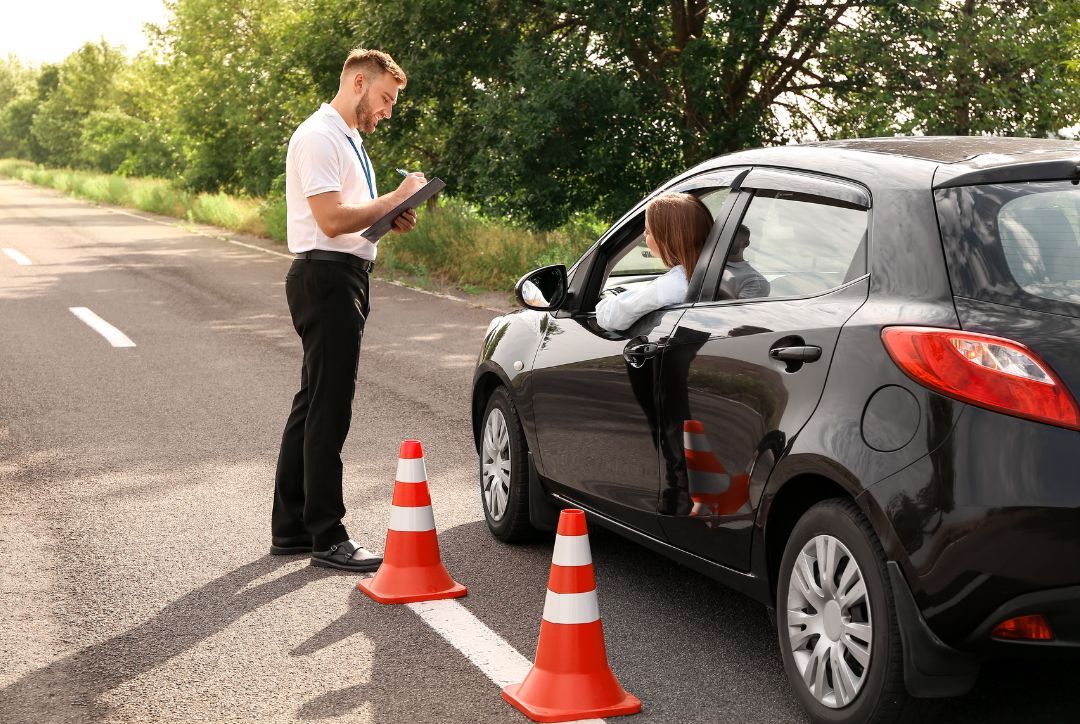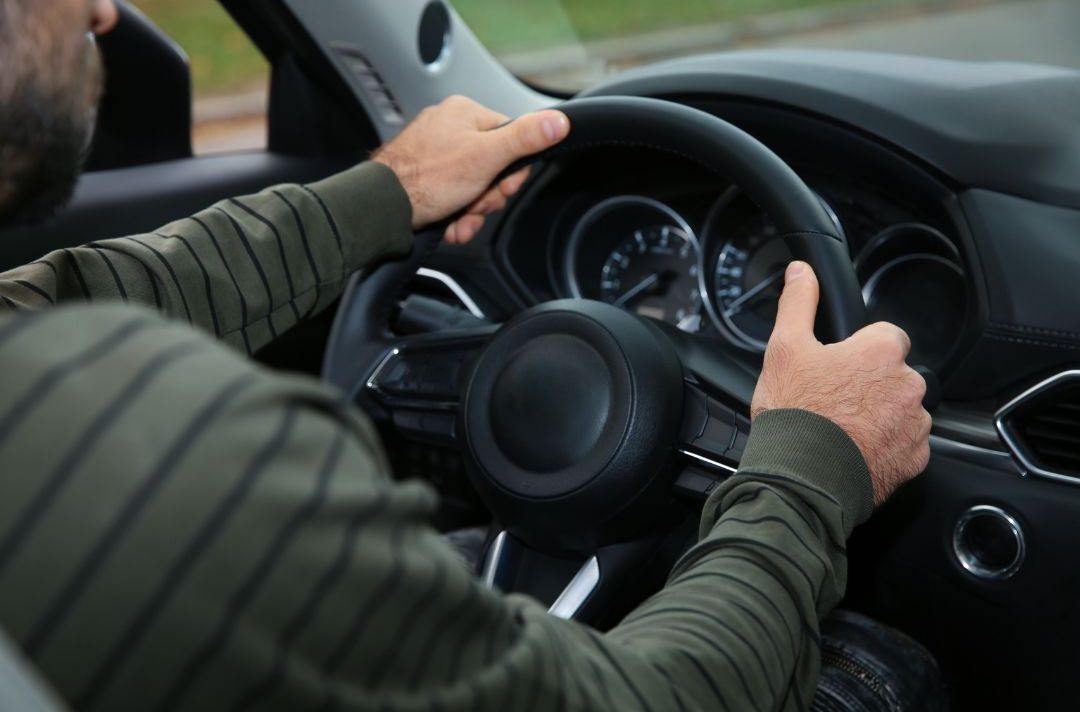An alcohol ignition interlock device is a breathalyser device that is fitted to your car and prevents the car from starting unless no alcohol is detected.
If you are convicted of certain drink driving offences, and your licence is suspended, you will almost always be required to have an interlock installed when you regain your licence. These offences include:
- Driving, or attempting to drive, while under the influence of drugs or alcohol;
- Driving, or attempting to drive, with a blood alcohol concentration of at least 0.1%;
- Dangerous operation of a vehicle while adversely affected by alcohol; and
- Refusing to provide a sample of blood or breath to police for analysis.
If you are subject to an interlock condition, you will need to notify the Department of Transport and Main Roads (TMR) of any cars which you wish to drive, and each of the cars must be fitted with interlocks. Apart from a few exceptional circumstances, you will not be allowed to drive any other cars for a 12-month period.
Importantly, the 12 months does not begin to run until you get your licence back and have a nominated vehicle fitted with an interlock. This means that you can’t simply wait out the 12 months in the hope of not having to get an interlock. However, the interlock period will eventually expire after five years.
Cost
There are a number of costs associated with interlocks. These include the initial cost of the device, the installation fee, periodic calibration fees, and the removal fee. Typical estimates of the total annual cost are in the $1500-$3000 range.
You will need to have your interlock serviced by an interlock provider every few months during the interlock period. Data from the interlock will be collected by the provider and given to TMR.
Financial assistance may be available in exceptional circumstances. You may also be eligible for a discount if you have a Healthcare or Pensioner Concession Card.
Exemptions
If you are (or are soon to become) subject or soon to an interlock requirement, you may be eligible to apply for an exemption. Whether TMR grants the exemption is discretionary, but reasons must be provided and you will be entitled to either seek an internal review of the decision or ask QCAT to review it.
TMR can only grant an exemption where certain conditions are met. These include circumstances where you live in a remote or inaccessible area, where you (or sometimes a family member) have a medical condition that prevents you from giving a sufficient breath sample, or where it is not physically possible to install in interlock in the only available vehicle.
There is also a general provision for an exemption to be granted in cases where severe hardship would be caused to you or a family member. However, both the cost of the interlock and the fact that you may need a car to commute to work must be ignored when assessing hardship.
If an exemption is granted, and your circumstances subsequently change in a relevant way, you will need to notify TMR.
Non-Compliance
If you are subject to an interlock requirement, the interlock period may be extended if you try to circumvent the interlock mechanism. This can occur if you get someone else to provide a breath sample, or remove or tamper with the interlock, or drive when you know that the interlock is not operating properly. Your interlock period may also may be extended if, in the last four months of your interlock period, you provide a breath sample that contains alcohol; even if you don’t start the ignition.
Driving in breach of your interlock requirements could also land you with a hefty fine of up to $4,516 (or $9,678 for a subsequent conviction).
This article provides general information only. To get advice tailored to your situation, submit an enquiry or call us on 1300 862 529 to book an appointment with one of our specialist Criminal & Traffic Lawyers today.
This article was written by Martin Churchill & Luke Borgert.




